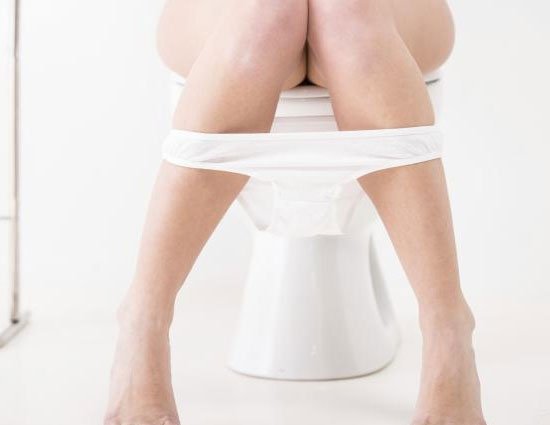
Whenever the concept of sleep is discussed, there is common perception that we should rest for between six and eight hours every single night. While this is a long standing belief, however, more recent studies have suggested that this is a generic assertion that has little foundation in fact. There are also practical steps that you can take to wake up early and not feel tired, both in terms of your preparation for a good nights` sleep and your morning routine.
Avoid Wine before sleep

If you are going to enjoy a deep and restful nights` sleep, it is important that your cycle is left largely uninterrupted. It apparently takes up to four hours to fall into a really deep and energising sleep, for example, so constant interruptions during this period will detract from the quality of your rest and leave your feeling tired in the morning Coffee, red wine and milk chocolate are all prime examples, so refraining from these items for as long as possible prior to sleep.
Toilet Before You Sleep

While most of us visit the toilet prior to climbing into bed, many of us will spend time reading, watching television or playing games before we drift into sleep. Our bladders can fill up slowly and largely unnoticed during this time, however, particularly because the kidneys continue to work throughout the night and while we sleep.This means that rather than your bladder being full when you wake in the morning, you are more likely to be disturbed in the early hours of the morning to go to the toilet again.
Room Goals

While Feng Shui is not something that everyone has faith in, it is an ancient Chinese art which has a basis in Western values and logic. By following the basic principles of Feng Shui and organising the layout of your room accordingly, you can facilitate a more restful sleep that leaves you refreshed and energised for the morning.This is why the layout of your bedroom is the most important from a Feng Shui perspective, and there are several steps that you can follow in terms of placing your furniture and positioning the bed.
Happiness
Feelings of stress and anxiety always appear worse in the morning, thanks to a combination of our sub concious thinking patterns that emerge during sleep and a rise in the level of cortisol in our bodies. This can leave us feeling tired and lethargic even after a good night`s sleep, so you will need to try to negate this by actively focusing on something positive relating to the day ahead.This will be easier on some days than others, so be proactive and try to plan for future days and make a note in your calendar.







